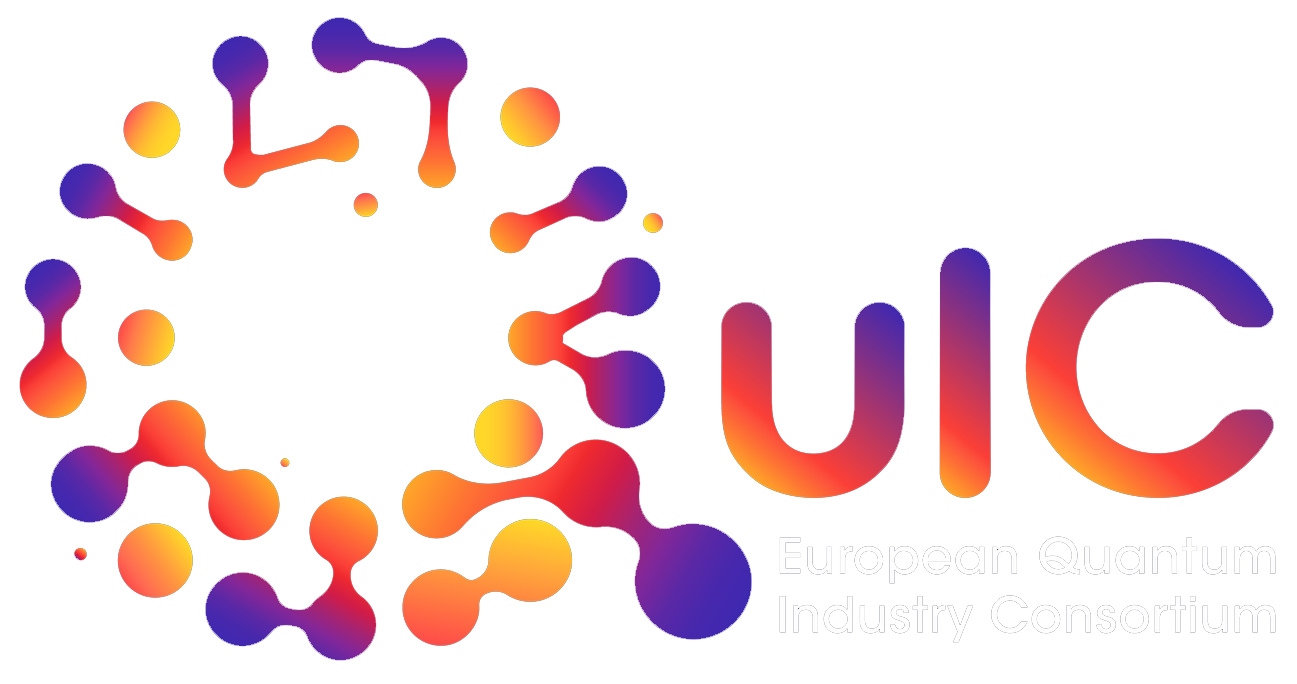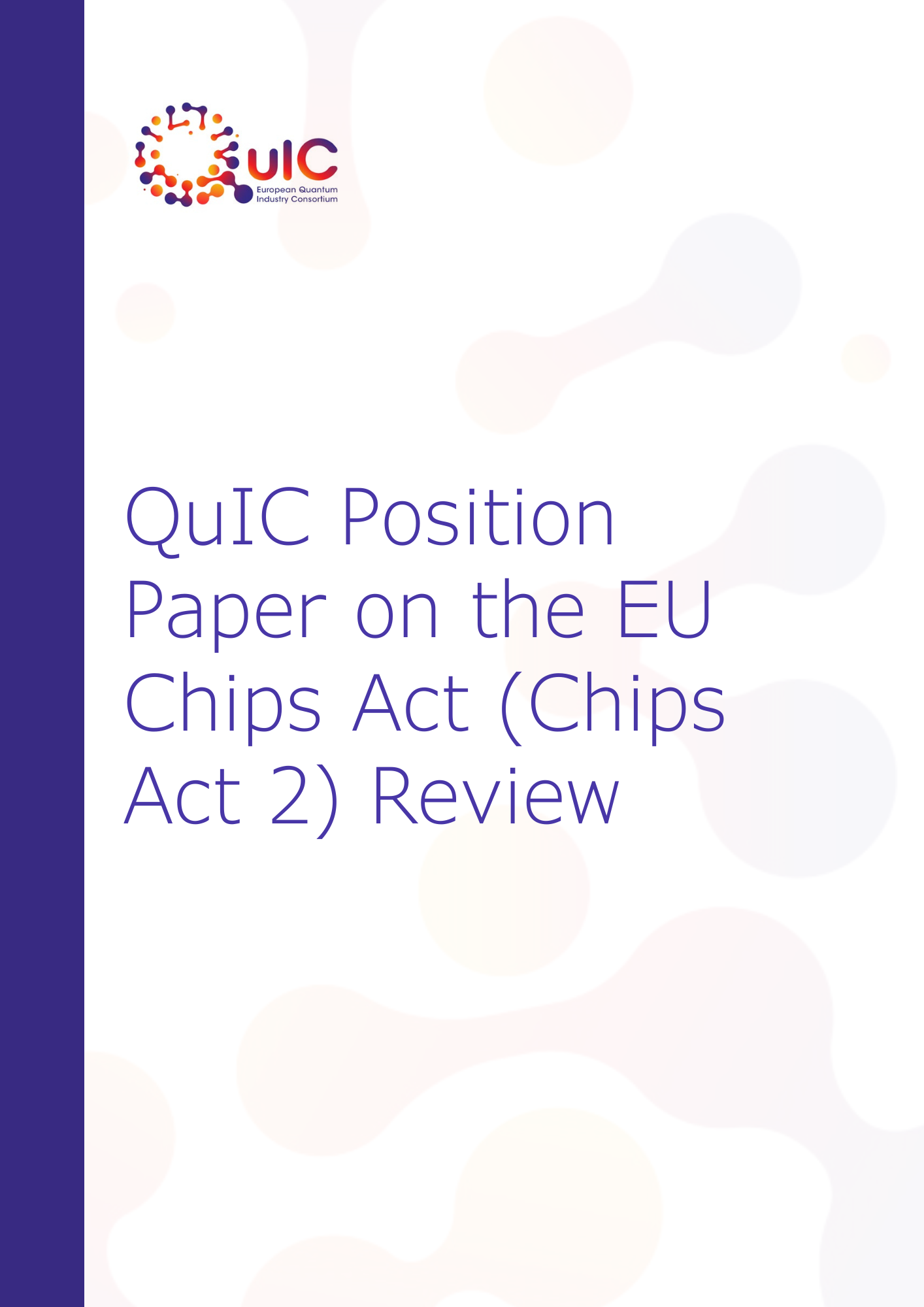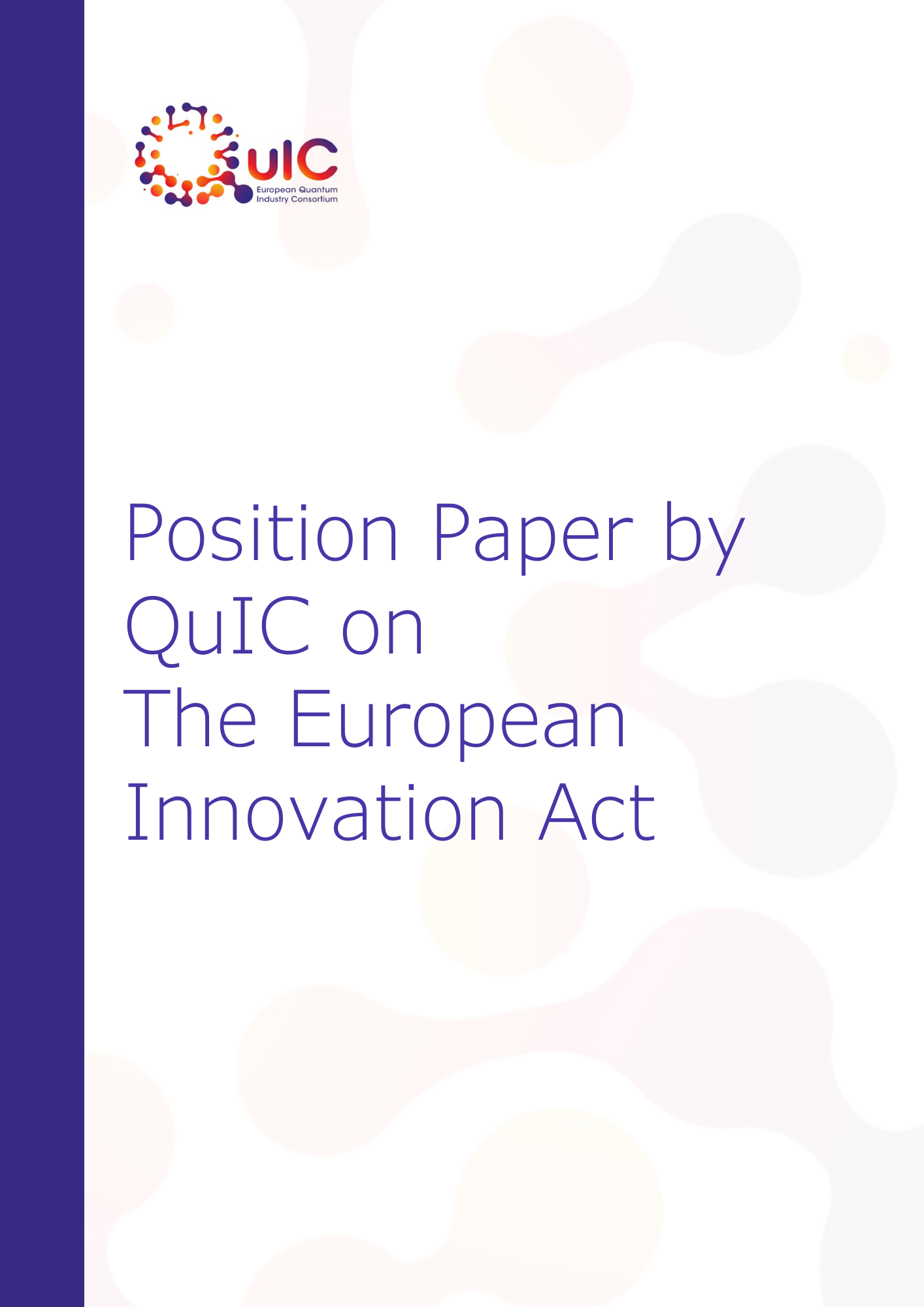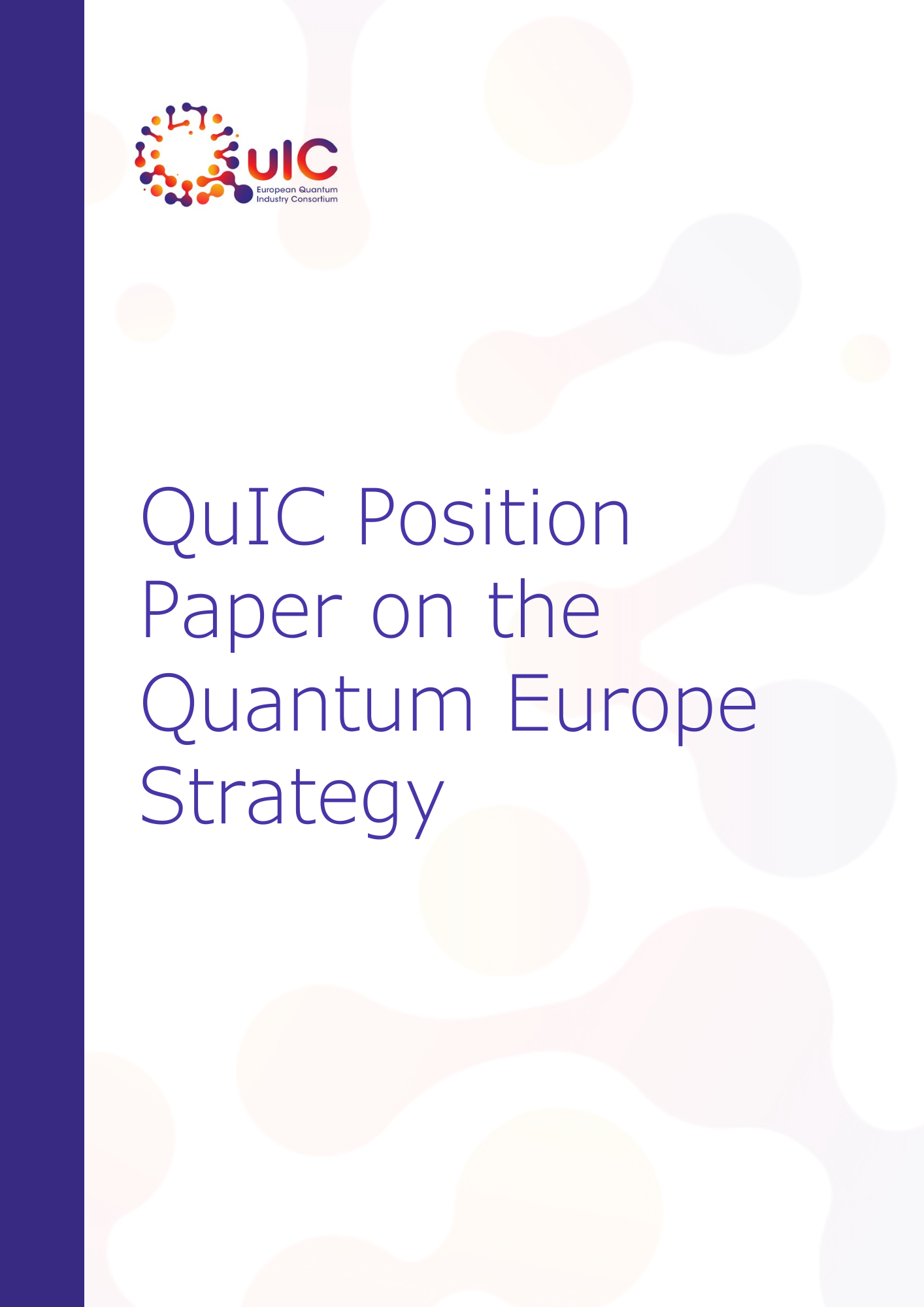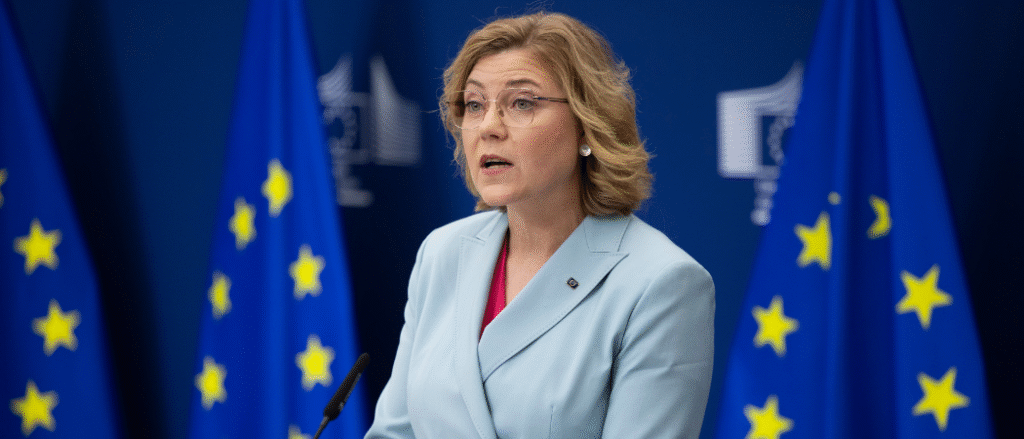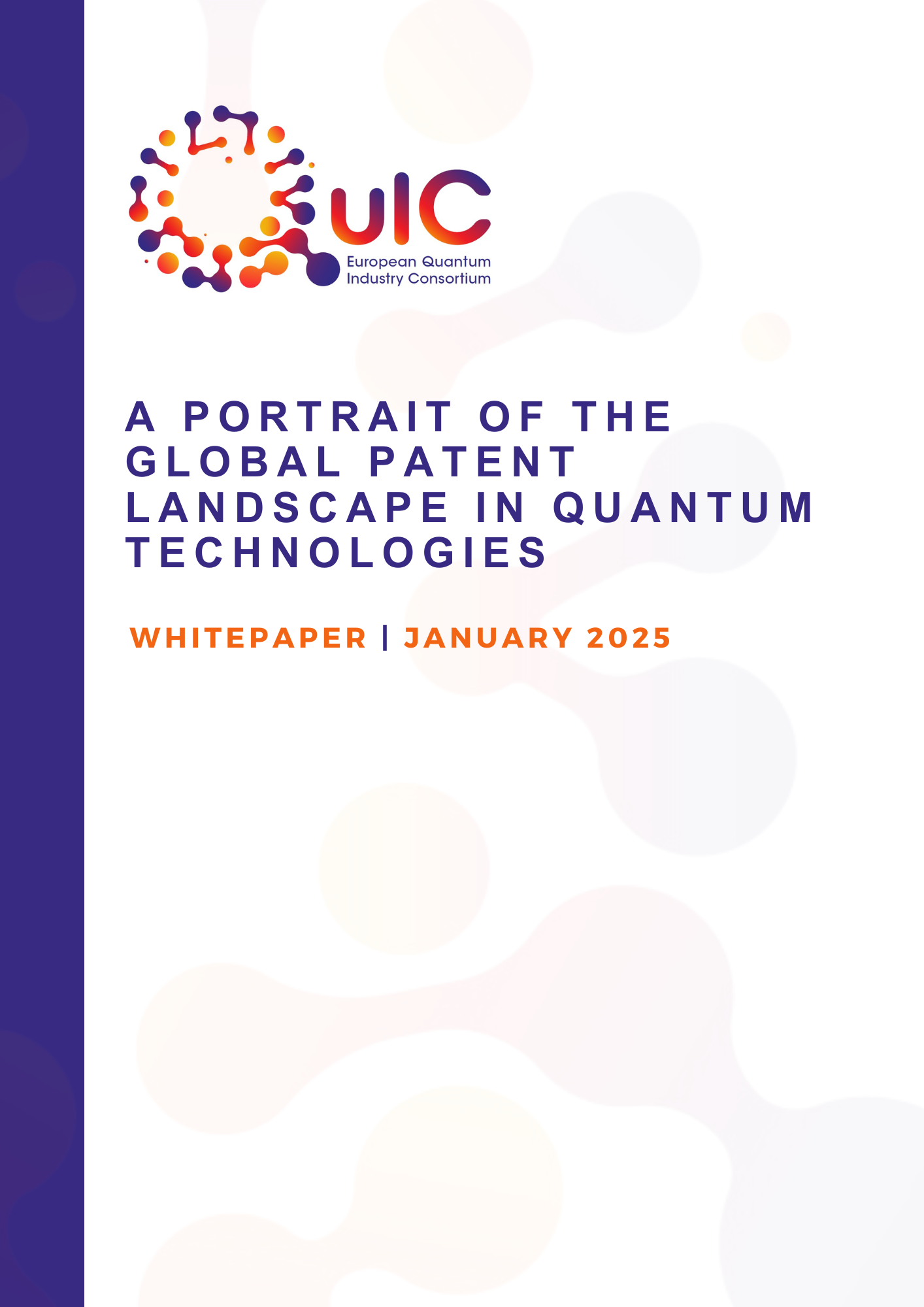A Summary of QuIC’s Latest Whitepaper on Legal Innovation for Quantum Start-ups
The European Quantum Industry Consortium (QuIC) has published a new whitepaper titled The 28th Regime and Innovative Quantum Companies. The paper presents a forward-looking idea: to support Europe’s growing quantum sector, a new legal framework is needed. One that allows quantum companies to scale efficiently across borders within the European Union.
This concept, often referred to as the “28th Regime,” proposes an EU-level company form that would function alongside national legal systems. It would allow businesses to incorporate once and operate throughout the Union. For deep tech start-ups, including those in the quantum space, this could reduce legal complexity, speed up administrative processes, and build trust with investors and partners.
Addressing the Challenges Faced by Quantum Firms
Europe is home to many world-class quantum companies. However, these firms still face legal and regulatory barriers when operating across Member States. The paper outlines some of the most pressing issues, including differences in company law, taxation, labour regulations, and export control rules. These challenges often slow down growth and create uncertainty for businesses and their stakeholders.
The whitepaper explains how a European-level legal structure, introduced by Regulation rather than Directive, could help address these barriers. It would not replace national systems but would provide a simple and consistent alternative for innovative companies that operate internationally from the start.
Why Legal Reform Matters Now
The timing is critical. Europe’s quantum sector is advancing quickly and is seen as a strategic priority. Many start-ups are entering the scale-up phase and need tools that allow them to grow confidently. According to the paper, the 28th Regime could become an essential part of Europe’s wider industrial and digital strategy.
Although the whitepaper focuses on quantum, the proposal is relevant to other deep tech sectors as well. Artificial intelligence, biotech, and advanced computing face similar cross-border challenges. This makes the 28th Regime a broader opportunity for European innovation.
Learn More in the Full Paper
The whitepaper does not offer a one-size-fits-all solution. Instead, it presents a practical framework and a set of policy recommendations. It invites policymakers, legal experts, and industry leaders to reflect on how legal tools can support Europe’s technological ambitions.
To understand the full proposal and its implications for the quantum sector, we encourage you to read the complete whitepaper.
Contributors
This whitepaper was developed through the collaborative efforts of experts from across the European quantum ecosystem. We gratefully acknowledge the following individuals for their contributions to the research, writing, and review of The 28th Regime and Innovative Quantum Companies:
-
Alexandra Paul, Pasqal
-
Araceli Venegas-Gómez, QURECA
-
David Morcuende, European Quantum Industry Consortium (QuIC)
-
David Niehaus, Kipu Quantum
-
Dr. Robert Harrison, Lead Author
-
Edmundo R. Sánchez Guajardo, Xista
-
Jorge García del Arco, QUBIZ.team
-
Nabil Satria Faradis, University of Cambridge
-
Nataliia Darmenko, EY
-
Niklas Hegemann, JoS QUANTUM
-
Rajesh Tamang, Gradiant
-
Tanya Suarez, Bluspecs
-
Thomas Luschmann, Peak Quantum
-
Viktoria Tollinger, ParityQC
Their diverse perspectives and expertise have been instrumental in shaping the ideas and recommendations presented in this publication.

